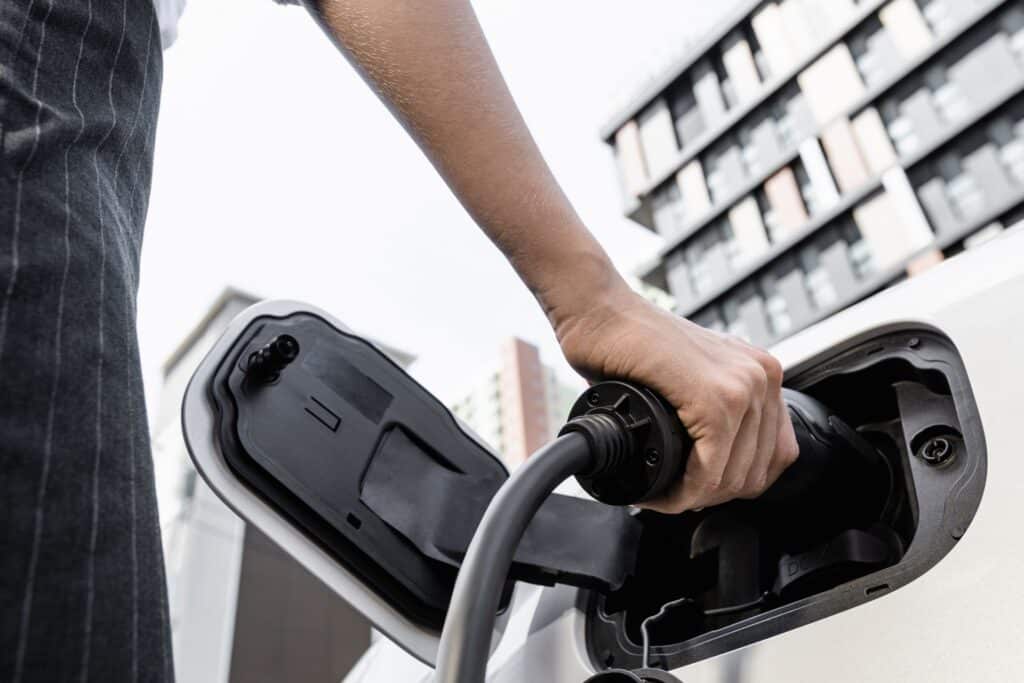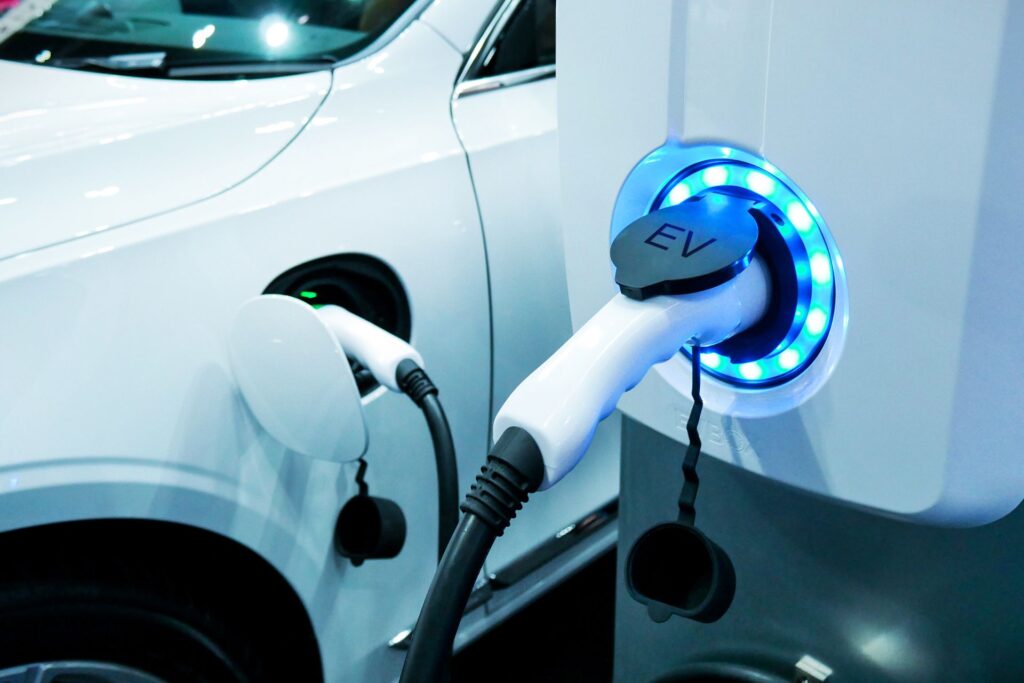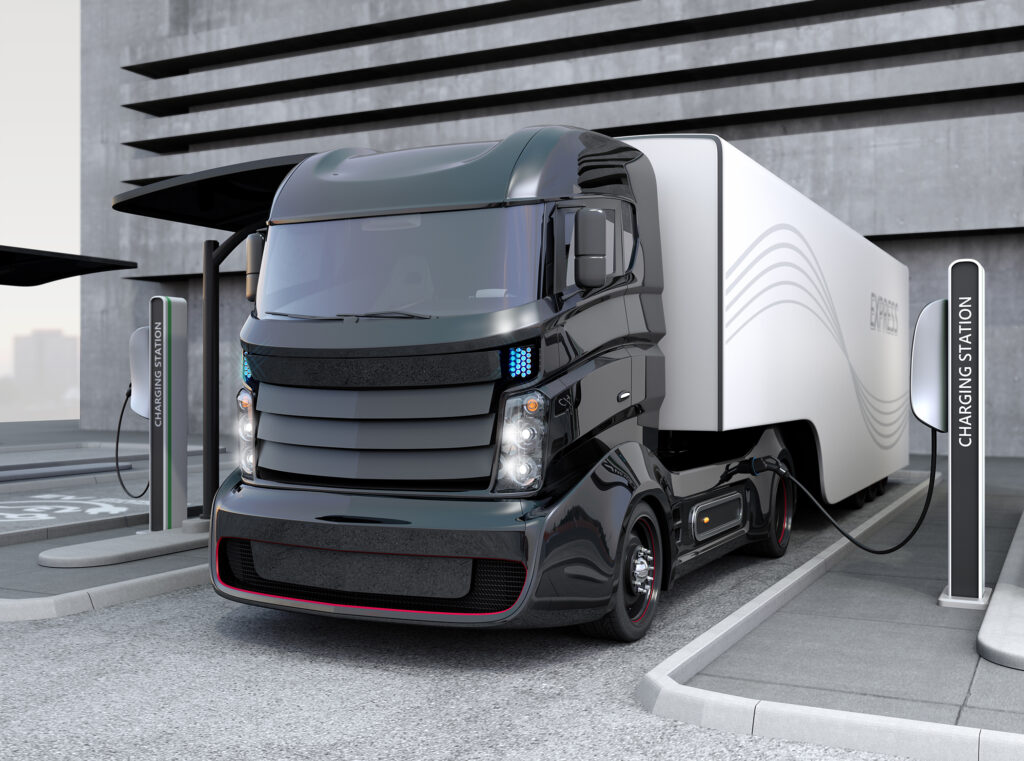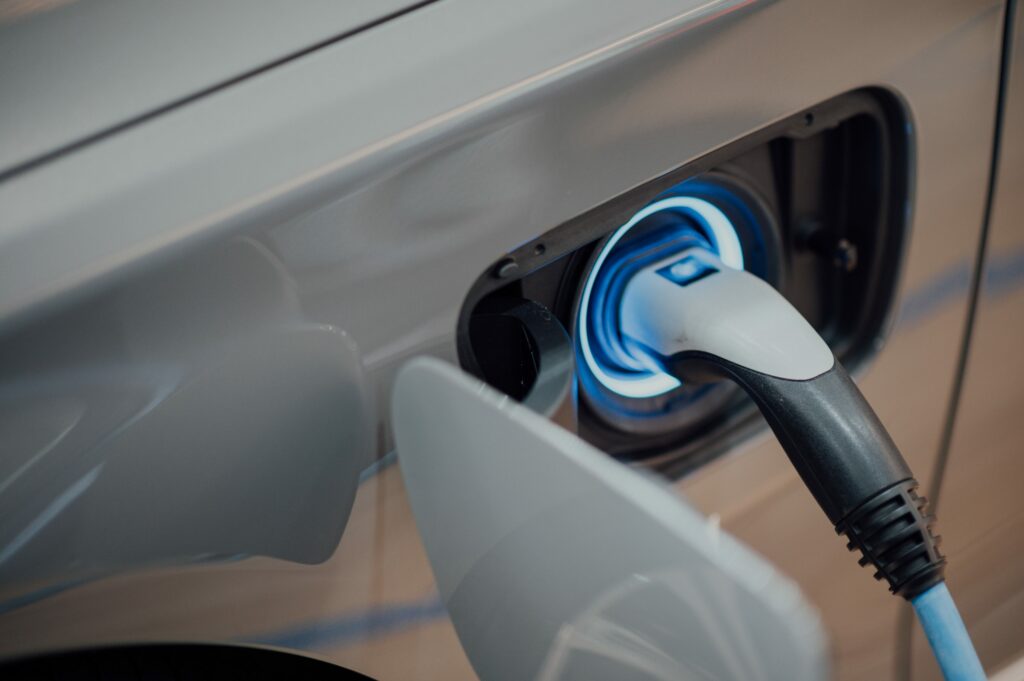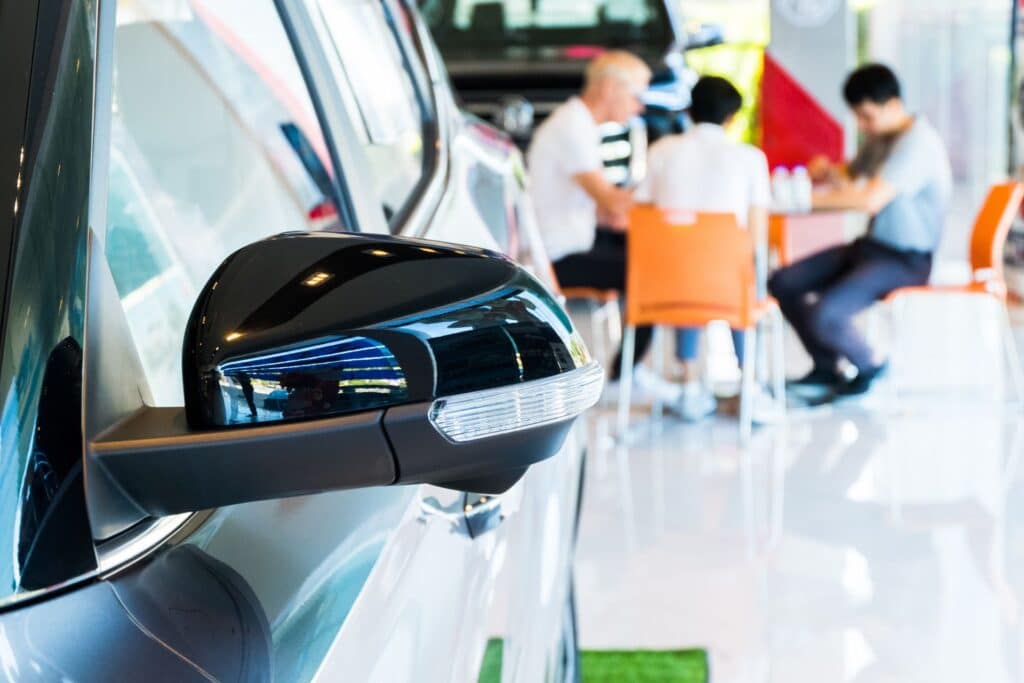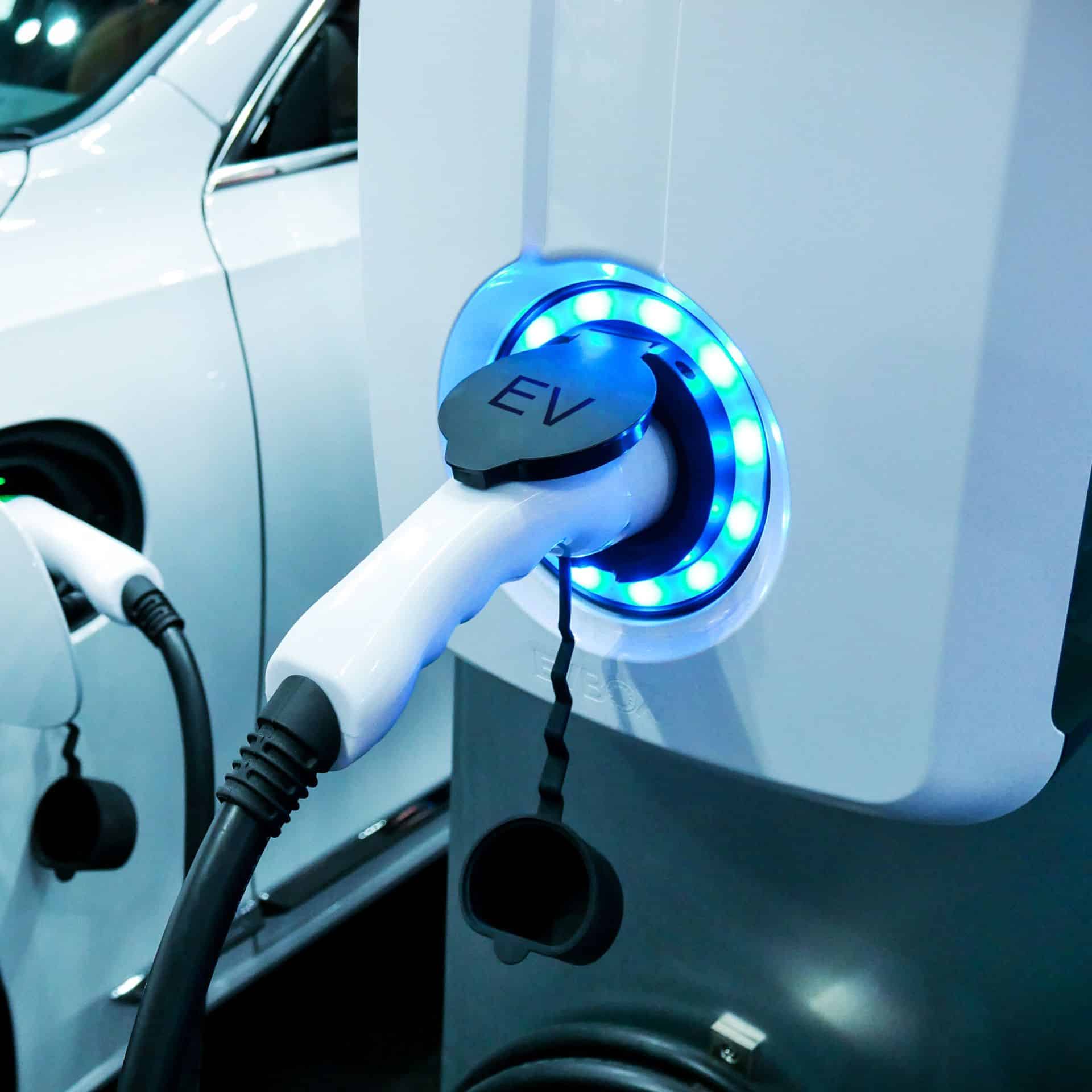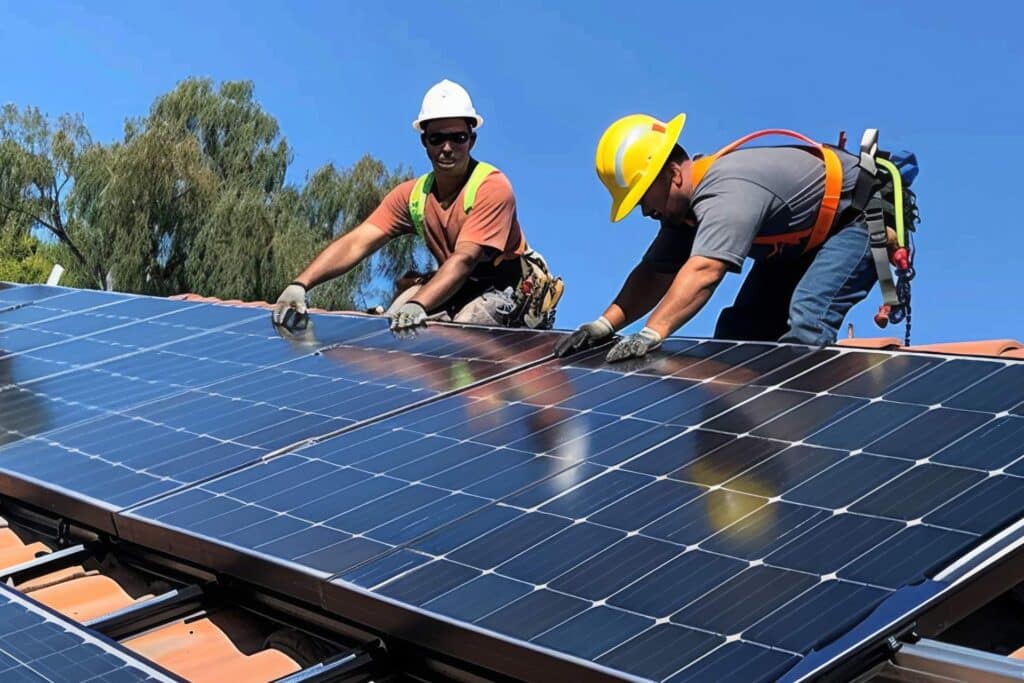Speed matters
It’s critical to begin transitioning to zero-emission vehicles now. Every gas- and diesel-fueled vehicle sold today will generate air pollution for years to come.
The zero-emission vehicles are affordable
Electric vehicles are the cheapest cars to drive. Some electric trucks already cost less than diesel, and more affordable models are becoming available for trucks of all sizes.
The clean transportation transition is about more than climate
Clean vehicles improve public health by cutting asthma attacks and premature deaths, while creating well-paying jobs and domestic manufacturing, and saving consumers money.
We’re making progress, but we need to go faster
Electric vehicle sales are speeding up, but we need to expand our charging networks and accelerate the transition to zero-emission trucks, planes, and ships to hit climate targets.
Featured
Stay Connected
Sign up for research, policy updates, and analysis.
Featured Report
2024 Update: How Much Does It Cost To Fill Up An Electric Vehicle Vs. A Gas-Powered Car?
The EV fill up tool provides a true comparison of costs to fill up gas-powered vehicles compared to electric vehicles.
